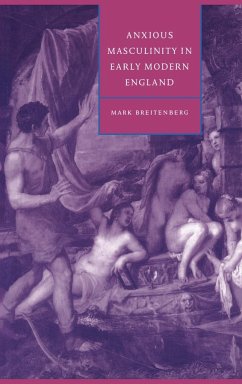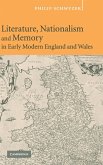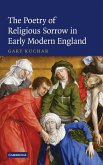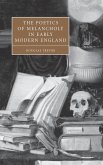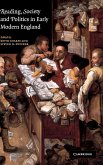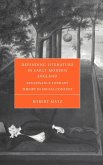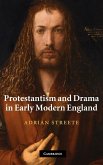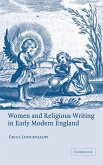To recent studies of Renaissance subjectivity, Anxious Masculinity in Early Modern England contributes the argument that masculinity is unavoidably anxious and volatile in cultures that distribute power and authority according to patriarchal prerogatives. Drawing from current arguments in feminism, cultural studies, historicism, psychoanalysis and gay studies, Mark Breitenberg explores the dialectic of desire and anxiety in masculine subjectivity in the work of a wide range of writers, including Shakespeare, Bacon, Burton and the women writers of the 'querelles des femmes' debate, especially Jane Anger. Breitenberg discusses jealousy and cuckoldry anxiety, hetero and homoerotic desire, humoural psychology, anatomical difference, cross-dressing and the idea of honour and reputation. He traces masculine anxiety both as a sign of ideological contradiction and, paradoxically, as a productive force in the perpetuation of western patriarchal systems.
Table of contents:
Introduction; 1. Fearful fluidity: Burton's Anatomy of Melancholy; 2. Purity and the dissemination of knowledge in Bacon's new science; 3. Publishing chastity: Shakespeare's 'The Rape of Lucrece'; 4. The anatomy of masculine desire in Love's Labour's Lost; 5. Inscriptions of difference: cross-dressing, androgyny and the anatomical imperative; 6. Ocular proof: sexual jealousy and the anxiety of interpretation.
The importance of heterosexual masculine identity in Renaissance culture is explored through the work of a wide range of writers, including Shakespeare, Montaigne, Bacon, Burton, and Jane Anger. Mark Breitenberg traces masculine anxiety as both a problem and a productive force in the perpetuation of patriarchal ideologies.
Explores the importance of heterosexual masculine identity in Renaissance literature and culture.
Table of contents:
Introduction; 1. Fearful fluidity: Burton's Anatomy of Melancholy; 2. Purity and the dissemination of knowledge in Bacon's new science; 3. Publishing chastity: Shakespeare's 'The Rape of Lucrece'; 4. The anatomy of masculine desire in Love's Labour's Lost; 5. Inscriptions of difference: cross-dressing, androgyny and the anatomical imperative; 6. Ocular proof: sexual jealousy and the anxiety of interpretation.
The importance of heterosexual masculine identity in Renaissance culture is explored through the work of a wide range of writers, including Shakespeare, Montaigne, Bacon, Burton, and Jane Anger. Mark Breitenberg traces masculine anxiety as both a problem and a productive force in the perpetuation of patriarchal ideologies.
Explores the importance of heterosexual masculine identity in Renaissance literature and culture.

